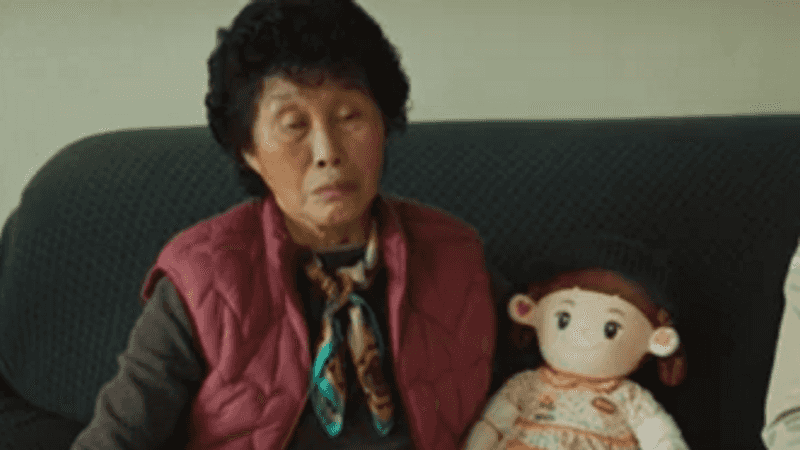"Smart Doll Befriends the Elderly: Is 'Hiodol' a Digital Grandchild or a Privacy Threat?"

A Korean company has launched a smart robot in the form of a doll named "Hiodol", aimed at caring for the elderly and alleviating their feelings of loneliness through daily conversations and reminders of routine tasks.
The doll resembles stuffed toys with childlike features, but it uses artificial intelligence technologies similar to "ChatGPT" to interact in English, Chinese, and Japanese, and to record users' daily information.
Several reports, including from Rest of World, have stated that the robot monitors the elderly around the clock and sends alerts to social workers or family members in case of any emergency, raising questions about information privacy and the future of sensitive data.
In contrast, elderly residents in care homes have shown a strong attachment to "Hiodol", as they offer it fake meals, dress it in hats and jewelry, and put it to sleep, with some even requesting to be buried with it. Studies have shown that the doll helps alleviate symptoms of depression and dementia.
This initiative comes at a time when South Korea is facing rapid aging among its population, with rising cases of depression, dementia, and suicide rates, making "Hiodol" an important support tool for caregivers.
The manufacturer plans to launch the robot in the United States in 2026, after distributing about 12,000 units in elderly homes in South Korea, with each unit costing $1,150.
Between psychological comfort and practical benefit, "Hiodol" remains a subject of debate: Is it a digital grandchild bringing smiles to the elderly, or a device that monitors their lives and raises privacy concerns?